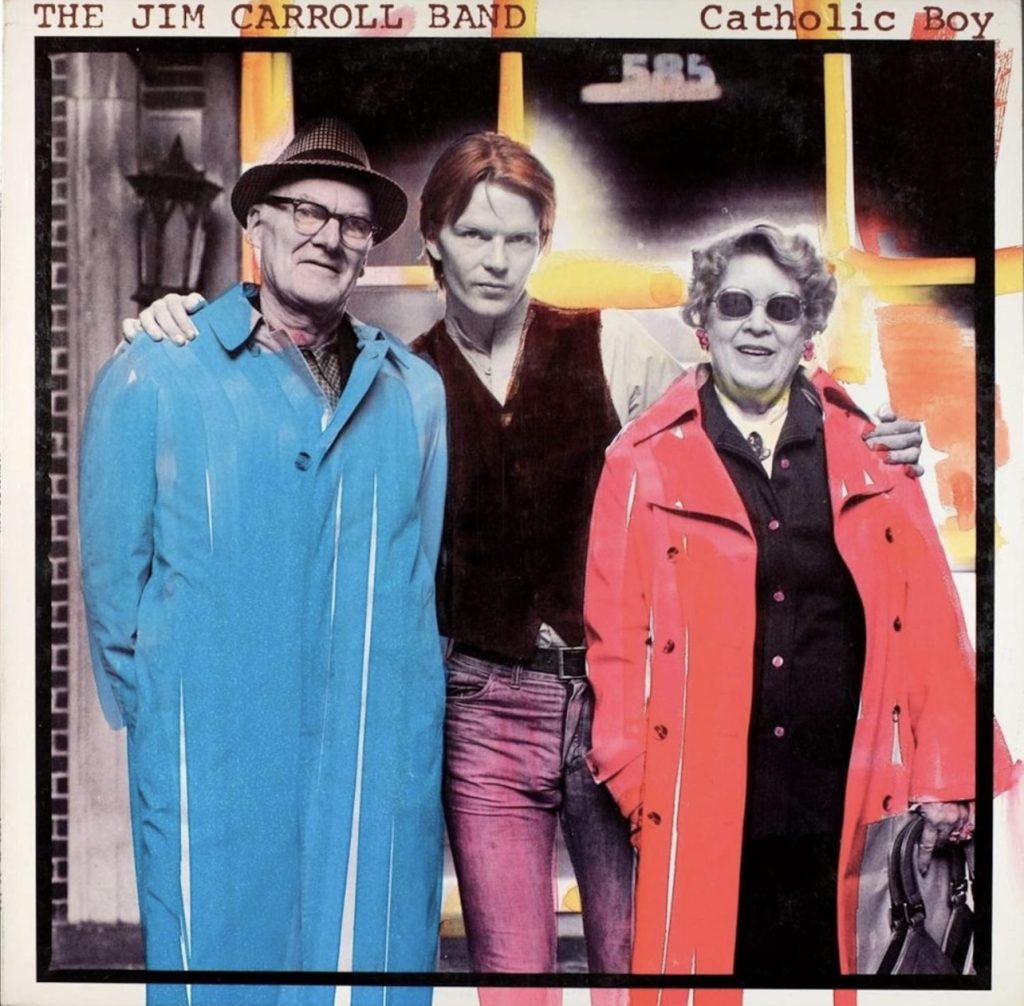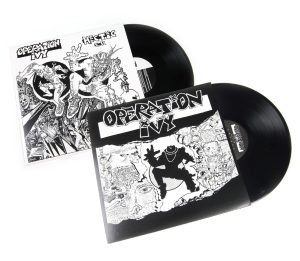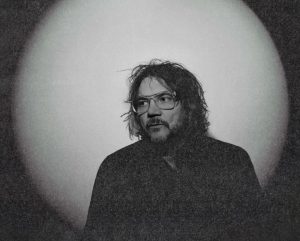Music Rating : 8.7 It’s a near-perfect punk elegy — raw, fearless, and unforgettable.
GENRE: Rock
LABEL: ATCO
REVIEWED: 21st September, 2025
Few debut albums arrive with as much literary baggage and street-level grit as Catholic Boy. Jim Carroll already known for The Basketball Diaries — takes his terse, image-packed poetry and transposes it into a lean, jagged rock record: part punk/new wave attitude, part confessional spoken-word, all bruised-off Manhattan. The result is an album that doesn’t try to be pretty; it insists on being honest.
Musically the record sits between garage-raw energy and late-’70s art-punk — guitars and a tight rhythm section push hard while Carroll mostly declaims rather than croons, turning lines of poetry into an urgent vocal performance. That delivery sometimes exposes a narrow range, but it’s precisely his bluntness and theatricality that make tracks like “Crow” and the title cut land with the emotional force of a short story shouted across a bar. Reviewers have pointed out how those songs are the closest to Carroll’s poetic strengths, bringing narrative detail and theatrical image into rock-song form.
Then there’s “People Who Died,” the unavoidable centerpiece: a roll-call litany of friends and acquaintances lost to violence, drugs and bad luck. It’s cathartic, almost ritualistic, and became the track that most people still associate with Carroll — an anthem of mourning that doubles as a howl of survival. Across the rest of the record Carroll balances grim realism with occasional city-slick romanticism (and a touch of glam/new-wave sheen), producing an album that critics later called underrated and essential to the picture of downtown New York’s post-punk scene.
Critically, Catholic Boy has lived well beyond its initial release: longtime music writers and retrospective pieces (including recent deep-dives) praise its bravery and the way Carroll moved from page to stage without losing the teeth of his writing. Production (credited to Earl McGrath and Bob Clearmountain) keeps the band tight and the vocals front-and-center, letting the words do most of the heavy lifting. Some listeners find the record uneven outside its strongest tracks, but most reactions converge on the idea that Carroll’s combination of poet’s eye and punk’s economy produces something singular.





